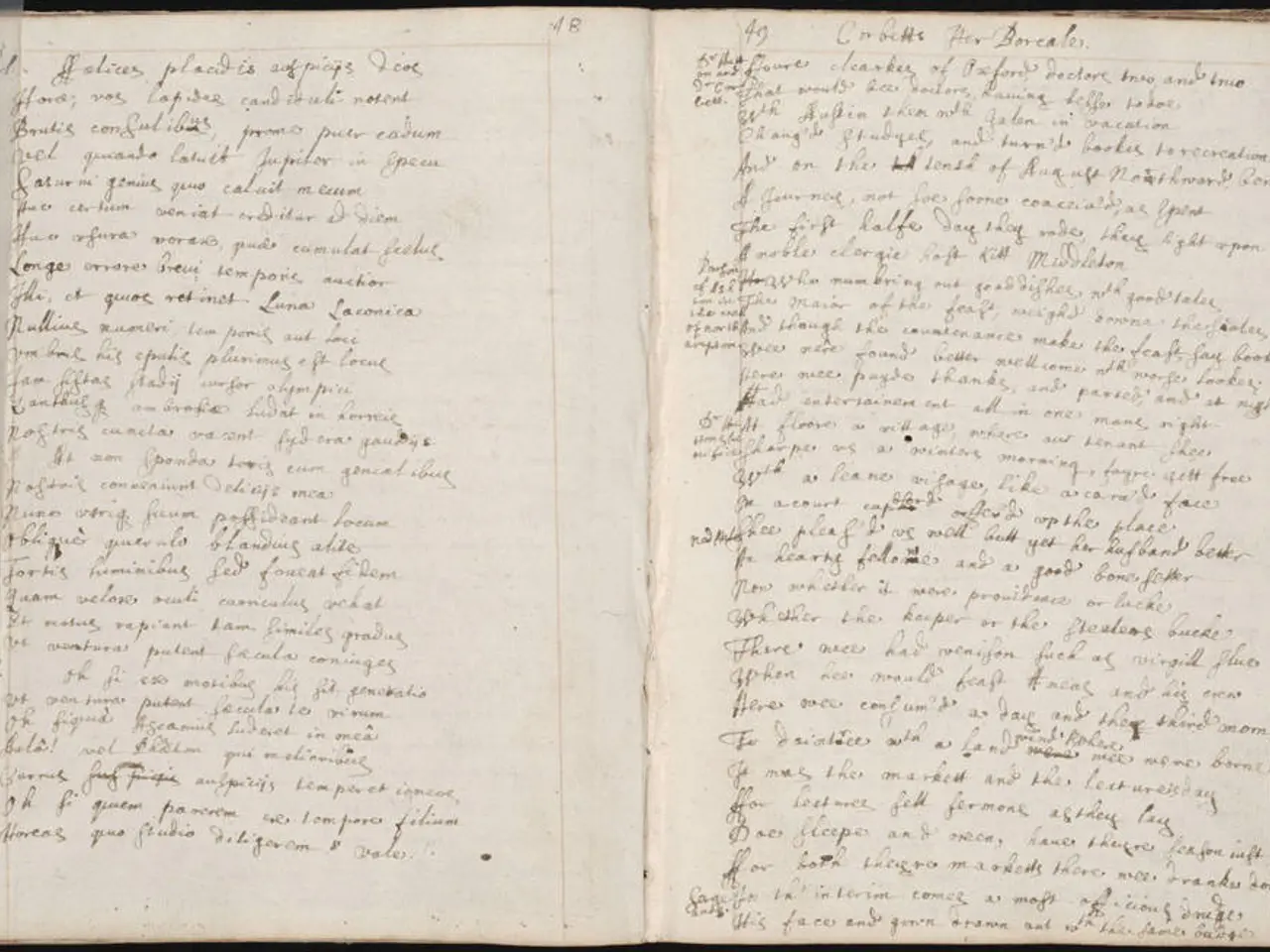Trump to Impose 30% Customs Duty on European Goods Starting August 1 - Imposes a 30% Customs Duty on EU Exports, Effective from August 1, as Declared by Trump
In a move that could escalate trade tensions between the United States and the European Union (EU), President Donald Trump has announced a 30% tariff on all goods imported from the EU, effective from August 1, 2025. The decision, part of a broader protectionist trade policy agenda, aims to address the perceived large and persistent US trade deficit with the EU.
The new tariffs have raised concerns about increased costs for US importers and potential price hikes for consumers on EU goods. EU exporters, on the other hand, could face reduced competitiveness in the US market due to the 30% price increase.
Historically, the EU has responded to US tariffs with countermeasures. In anticipation, the EU has prepared countermeasures on imports of US products worth €95 billion, including aircraft, automobiles, medical devices, IT equipment, and industrial machinery. The EU is also considering export restrictions on scrap metals and chemicals.
The tariffs undermine long-standing international agreements on tariffs, including the World Trade Organization’s (WTO) "most favored nation" principle. This principle prohibits charging one country more than others without negotiation. The WTO dispute processes are hampered by the US blocking the WTO Appellate Body since 2019, limiting resolution avenues.
In response, the EU Commission has launched a public consultation to design potential retaliatory tariffs and other measures against US imports from sectors heavily affected by US tariffs. The EU is maintaining diplomatic engagement and encouraging negotiations, but it stands ready to impose additional tariffs and export restrictions if negotiations fail.
Commission President Ursula von der Leyen has acknowledged receipt of Trump's letter and is willing to work towards an agreement. However, Trump has threatened to increase tariffs further if the EU takes countermeasures. For Germany, the US is the most important trading partner.
Trump's tariff policy also aims to correct alleged trade imbalances and encourage more production in the US. Previously, different rates applied to cars and car parts, as well as steel and aluminum. Trump has sent numerous tariff letters, including one to Mexico announcing a 30% import tariff on goods starting August 1.
The EU remains committed to finding a mutually agreeable solution by August 1, emphasizing its desire for a resolution. However, it is prepared to take countermeasures if the US is not willing to negotiate, initially involving increased tariffs on US imports into the EU. EU Commissioner for Trade Phil Hogan has stated, "We are not looking for a trade war, but we must be ready to defend our interests."
In a recent development, Trump stated that they are likely just two days away from an agreement with the European Union. However, the meaning of Trump's demand remains unclear, and the ongoing negotiations between the EU and the US continue to be a subject of uncertainty.
The announced tariffs by President Donald Trump on all goods imported from the EU could significantly impact both US importers and EU exporters, potentially leading to increased costs and price hikes for consumers, as well as reduced competitiveness for EU businesses in the US market. In response, the EU Commission has initiated a public consultation to design potential retaliatory tariffs and measures against US imports, emphasizing its readiness to defend its interests and its commitment to finding a mutually agreeable solution. The ongoing politics and policy-and-legislation surrounding these trade tensions have been a subject of general news and form part of a broader protectionist trade policy agenda, influencing the freedom of movement of workers, freedom of workers, and global trade relationships.








